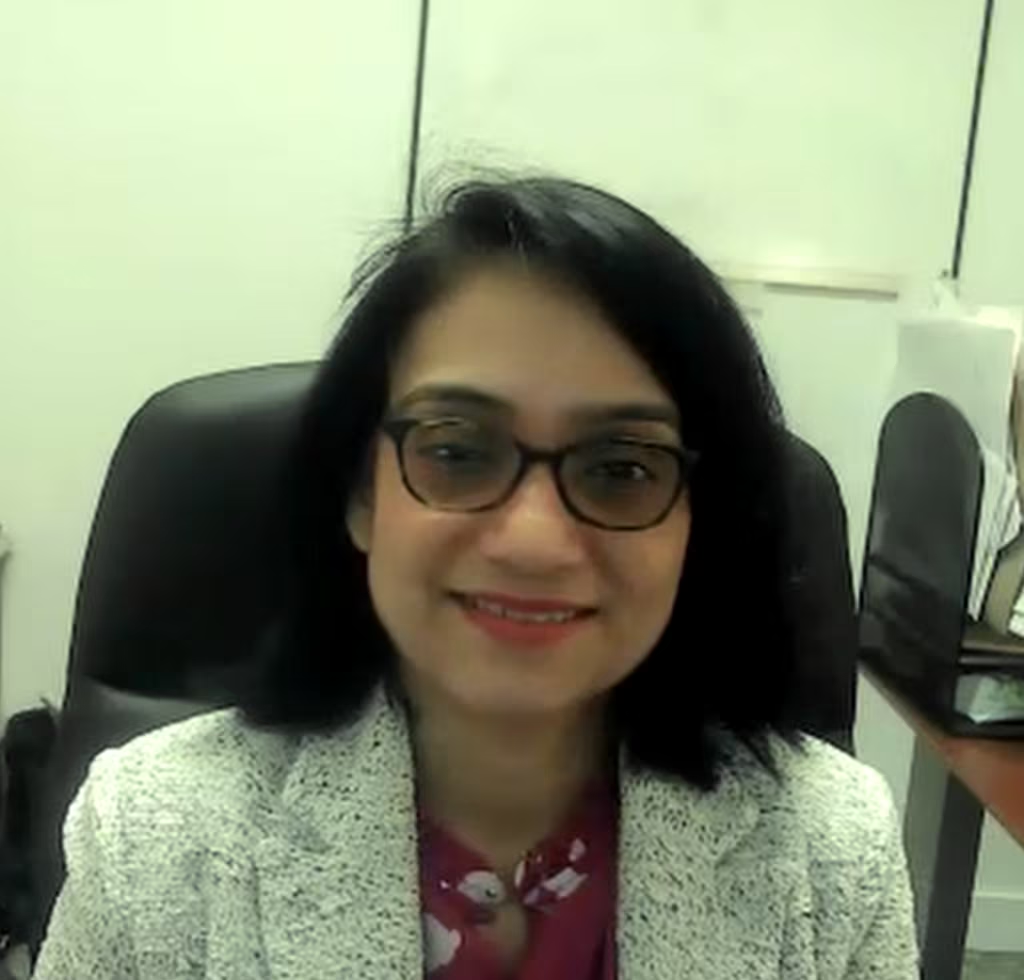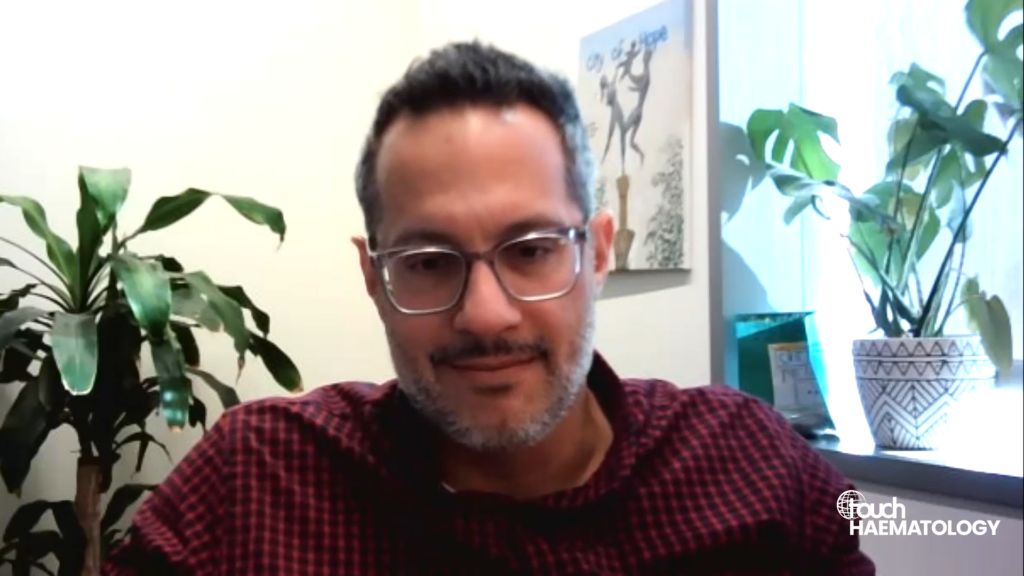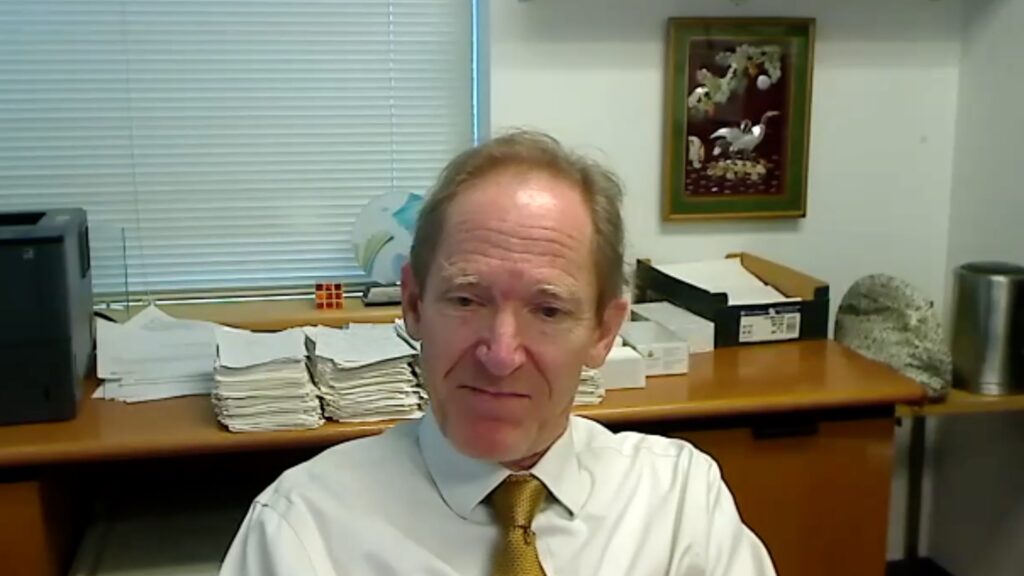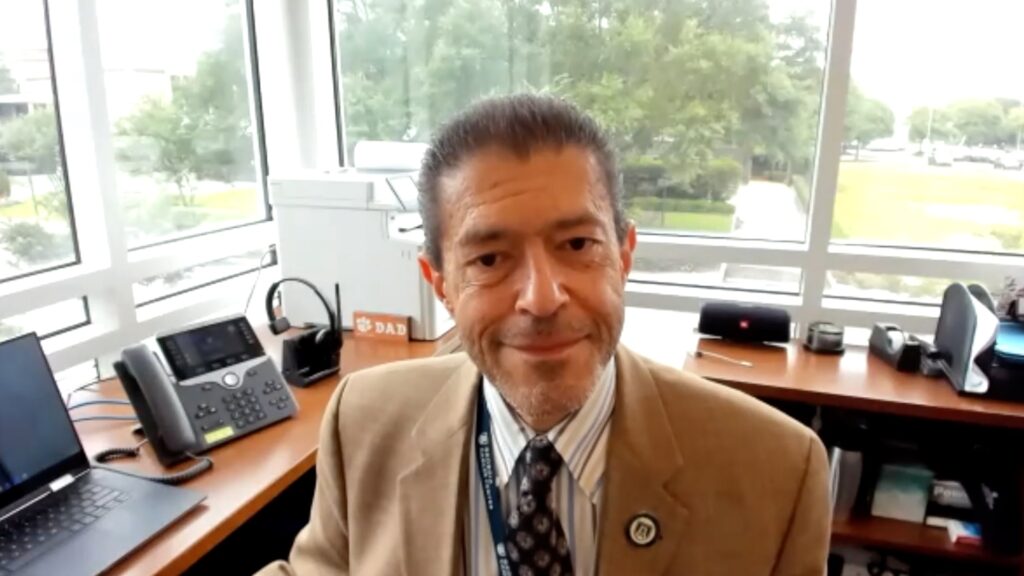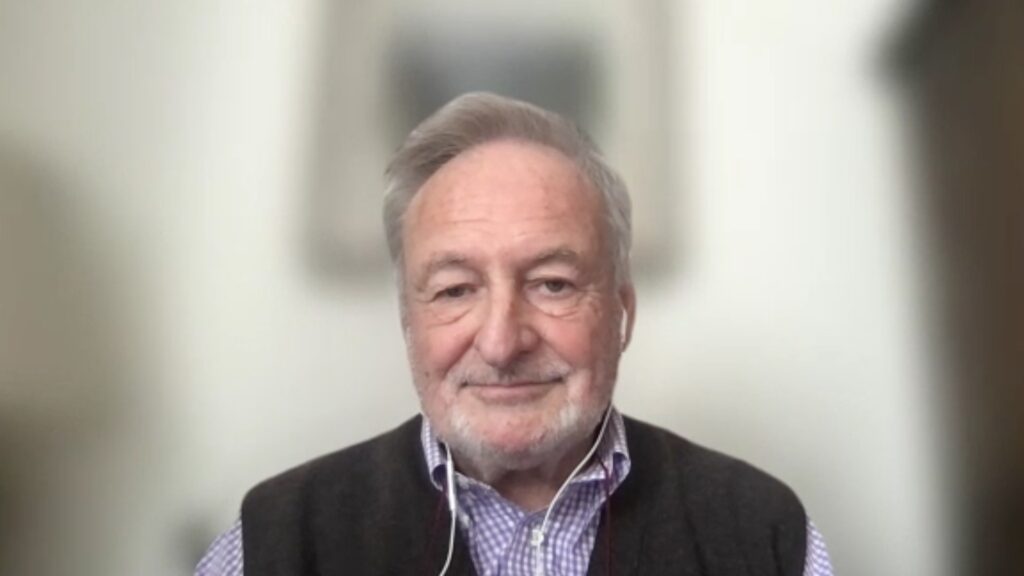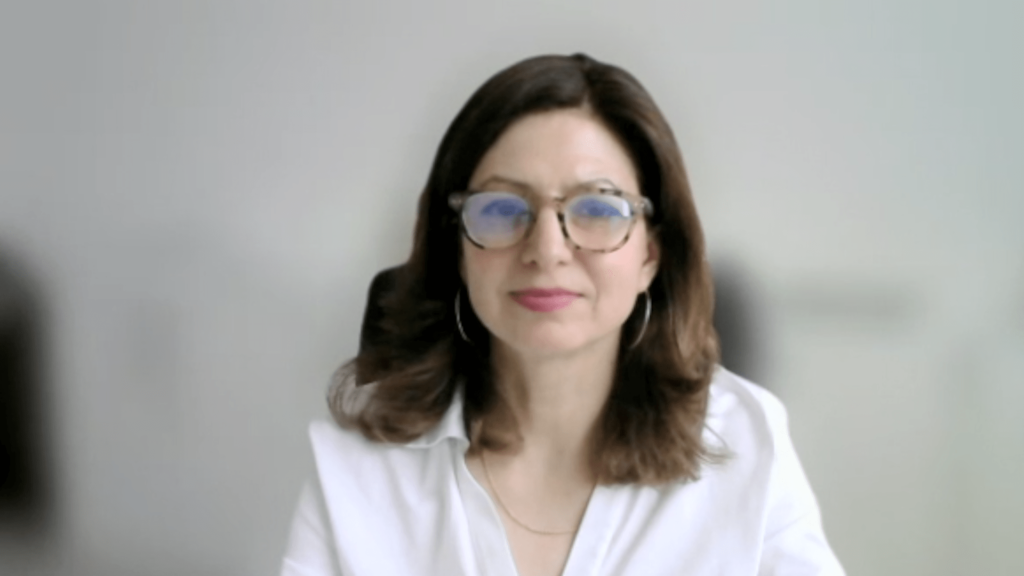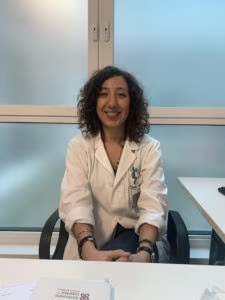 “The ability to identify precise molecular targets in leukaemia treatment is changing the game, making therapies more effective and less toxic”
“The ability to identify precise molecular targets in leukaemia treatment is changing the game, making therapies more effective and less toxic”
Precision medicine is revolutionizing how conditions like acute myeloid leukaemia (AML) are diagnosed and treated, offering patients more targeted therapies with improved outcomes. In this interview, Dr Elena Crisà (Candiolo Cancer Institute, FPO-IRCCS, Candiolo, Turin, Italy) shares her insights into the most fulfilling aspects of practicing haematology, from working in cutting-edge new treatment options in clinical trials to guiding patients through complex treatment decisions. Dr Crisà emphasizes the importance of aligning treatments with patients’ values, ensuring that medical care balances effectiveness with quality of life.
Q1. What aspects of your work do you find the most fulfilling?
The most fulfilling aspect of my work as a haematologist is the ability to make a significant impact on my patients’ lives, whether through diagnosis, treatment or ongoing care. Running clinical trials and offering innovative approaches to treatment allows me to provide patients with access to cutting-edge therapies that may not yet be widely available. Helping patients navigate complex blood disorders and witnessing their progress, especially in challenging cases, brings a deep sense of purpose. I also find immense fulfillment in building strong relationships with my patients, offering both medical expertise and emotional support, all while staying at the forefront of medical advancements
Q2. What current development or trend in your specialty excites you the most?
The development that excites me most in haematology is the rise of precision medicine, particularly in the treatment of AML. Advances in genetic profiling and molecular diagnostics have made it possible to tailor treatments based on the specific genetic mutations of a patient’s leukaemia. This personalized approach is revolutionizing how we treat AML, allowing for more targeted therapies with fewer side effects compared to traditional treatments. The ability to identify precise molecular targets and develop novel therapies is greatly improving patient outcomes and offers hope for more effective, long-term management of AML, making it a truly transformative time in hematology.
Q3. What role do patients play in shaping the way you approach treatments and make clinical decisions?
Patients play a crucial role in shaping my approach to treatments and clinical decisions. Each patient’s values, preferences, and lifestyle are central to crafting a treatment plan that aligns with their goals. I always prioritize open communication, ensuring that patients are informed about their diagnosis, treatment options, and potential outcomes. The importance of quality of life cannot be overstated – especially in haematology, where many conditions have long-term impacts. I work closely with patients to understand their concerns about side effects, treatment intensity, and overall well-being. By considering these factors, I strive to provide personalized care that balances effective treatment with maintaining the highest possible quality of life.
About Dr Elena Crisà
Hematologist, Candiolo Cancer Institute, FPO-IRCCS, Candiolo (Turin), Italy
Dr Elena Crisà is a hematologist with a focus on myeloid diseases, particularly AML and myelodysplastic neoplasms. She works at the Candiolo Cancer Institute, FPO-IRCCS in Turin, Italy, where she combines her clinical expertise with her dedication to advancing scientific research. Dr Crisà has been actively involved in multiple clinical trials, helping to introduce innovative therapies and shape treatment protocols in myeloid diseases. Her research has been published in highly ranked medical journals. In addition, Dr Crisà is a member of the Scientific Committee of the Fondazione Italiana Sindromi Mielodisplastiche (FISiM) and the European Hematology Association (EHA) Scientific Working Group on Quality of Life and Symptoms. She is committed to advancing scientific knowledge, improving patient care and ensuring that the latest medical advancements are accessible to her patients.
Disclosure: This short article was prepared by touchHAEMATOLOGY in collaboration with Elena Crisà. No fees or funding were associated with its publication. Elena Crisà has no financial or non-financial conflicts of interest to declare in relation to this article.
Cite: Dr Elena Crisà on how precision medicine is revolutionalizing haematology: touchHAEMATOLOGY Future Leader 2025. touchHAEMATOLOGY. April 16th, 2025
SIGN UP to touchHAEMATOLOGY!
Join our global community today for access to thousands of peer-reviewed articles, expert insights, and learn-on-the-go education across 150+ specialties, plus concise email updates and newsletters so you never miss out.



